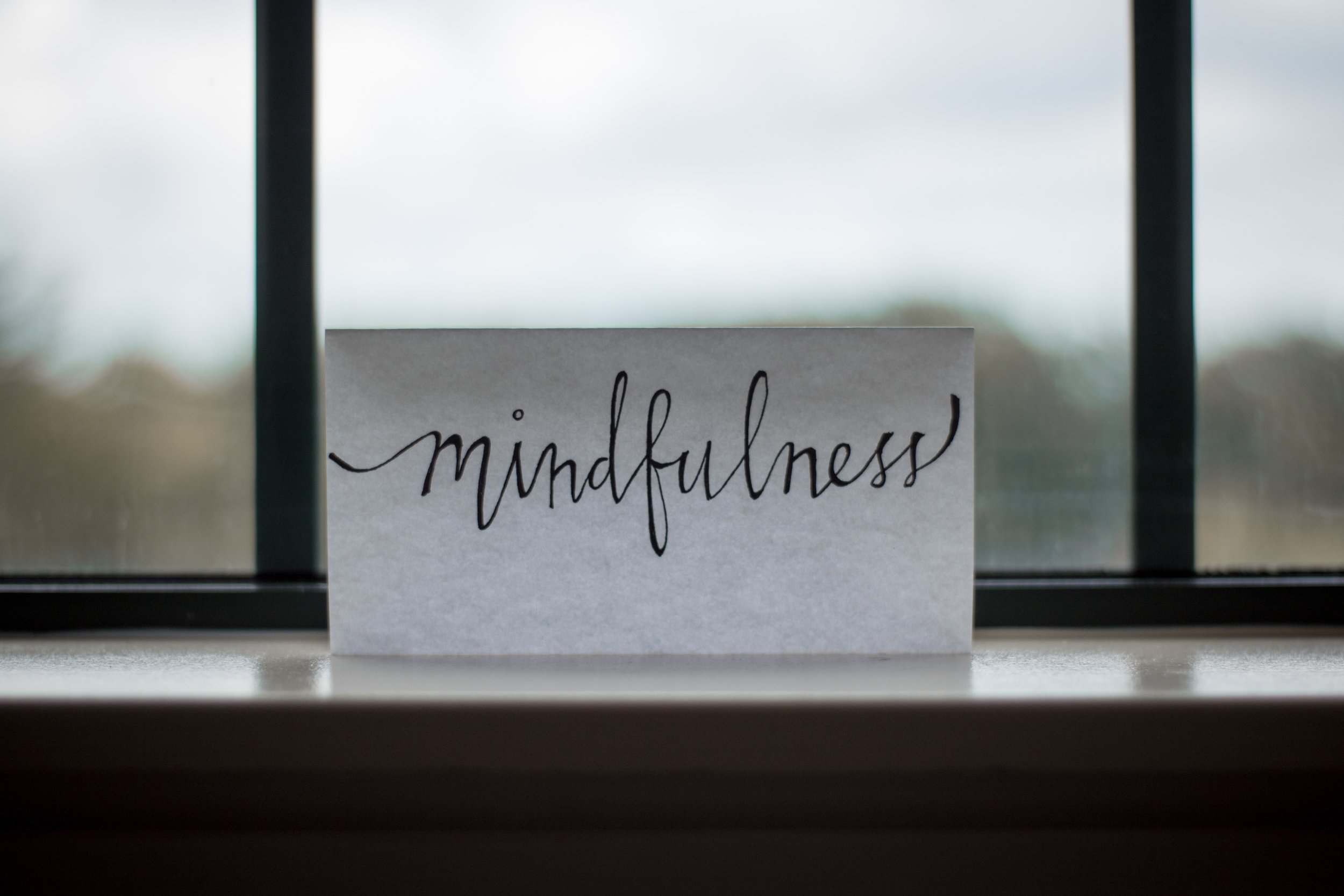Mindfulness is about living in the moment and acknowledging the feelings that are inside of us, as well as life around us. It is about being fully present and removing any extra layers of thoughts that we tend to attach to people, things, and events. This is helpful for anyone who feels their mind is not peaceful at the moment.
History of Mindfulness
“Mindfulness means paying attentions in a particular way: on purpose, in the present moment, and non judgmentally”, Jon Kabat-Zinn (a prominent figure in the introduction of mindfulness).
Mindfulness came to therapy with Mindfulness-Based Cognitive Therapy (MBCT), which is used to treat depression. MBCT encourages you to notice feelings of sadness and negative thinking patterns early on, before they become fixed. This should help you be able to deal with warning signs earlier and more effectively.
How Mindfulness Works With Depression
Depression tends to leave our minds full of guilt, remorse, or pain from past events – our brains can be anything but mindful. We may be worried about something that could happen in the future, which could lead to another thought and then another, until we find ourselves feeling badly about these thoughts and it continues to spiral. Using mindfulness for depression can help a depressed brain turn things around.
Present Moment Attention
When we truly engage in what is happening in each moment, there is little to no room to dwell on the past or feel anxious about the future. Living in the present moment makes us aware of what is happening now. When we free ourselves from our troubled thoughts, we feel a sense of peace and calm.
Nonjudgmental Thinking
Our minds tend to constantly judge things as good or bad before we even realize it. The next part of mindfulness teaches us to not add this extra layer of automatic judgments, instead, we allow what is happening just to be. If we have an uncomfortable feeling, instead of automatically labeling this feeling as “bad”, we don’t attach any extra meaning to it. We just let it be that feeling and by simply letting it be, it loses its power over us.
Nonjudgmental does not mean that we don’t form opinions about things, it means we strip away the automatic judgments and allow ourselves to view things as they truly are. When we mindfully observe something, we can choose to take action with intention.
Practice, Practice, Practice
We know that mindfulness works, but how do we get our minds to comply? We practice and practice and practice. Each time you set out to mindfully analyze a thought or situation, you are one step closer to feeling peaceful.
www.moderntherapy.online

